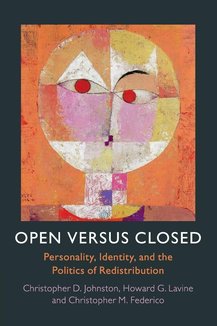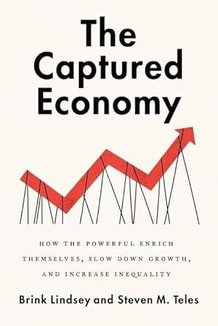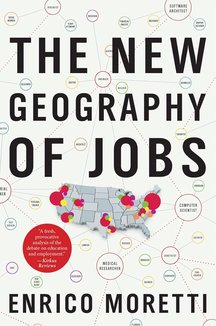Recommended Books

Open versus Closed: Personality, Identity, and the Politics of Redistribution
Authors:
Christopher D. Johnston
,
Howard G. Lavine
,
Christopher M. Federico
ISBN 13:
978-1107546424
Debates over redistribution, social insurance, and market regulation are central to American politics. Why do some citizens prefer a large role for government in the economic life of the nation while others wish to limit its reach? In Open versus Closed, the authors argue that these preferences are not always what they seem. They show how deep-seated personality traits underpinning the culture wars over race, immigration, law and order, sexuality, gender roles, and religion shape how citizens think about economics, binding cultural and economic inclinations together in unexpected ways. Integrating insights from both psychology and political science - and twenty years of observational and experimental data - the authors reveal the deeper motivations driving attitudes toward government. They find that for politically active citizens these attitudes are not driven by self-interest, but by a desire to express the traits and cultural commitments that define their identities.
Find on:
 Amazon
Amazon

The Captured Economy: How the Powerful Enrich Themselves, Slow Down Growth, and Increase Inequality
Authors:
Brink Lindsey
,
Steven M. Teles
ISBN 13:
978-0190627768
For years, America has been plagued by slow economic growth and increasing inequality. In The Captured Economy , Brink Lindsey and Steven M. Teles identify a common factor behind these twin ills: breakdowns in democratic governance that allow wealthy special interests to capture the policymaking process for their own benefit. They document the proliferation of regressive regulations that redistribute wealth and income up the economic scale while stifling entrepreneurship and innovation. They also detail the most important cases of regulatory barriers that have worked to shield the powerful from the rigors of competition, thereby inflating their incomes: subsidies for the financial sector's excessive risk taking, overprotection of copyrights and patents, favoritism toward incumbent businesses through occupational licensing schemes, and the NIMBY-led escalation of land use controls that drive up rents for everyone else. An original and counterintuitive interpretation of the forces driving inequality and stagnation, The Captured Economy will be necessary reading for anyone concerned about America's mounting economic problems and how to improve the social tensions they are sparking.

The New Geography Of Jobs
Author:
Enrico Moretti
ISBN 13:
978-0544028050
In The New Geography of Jobs, award-winning Berkeley economist Enrico Moretti looks at the major shifts taking place in the US economy and reveals the surprising winners and losers — specifically, which kinds of jobs will drive economic growth and where they’ll be located — while exploring how communities can transform themselves into dynamic innovation hubs. “A timely and smart discussion of how different cities and regions have made a changing economy work for them — and how policymakers can learn from that to lift the circumstances of working Americans everywhere.” — Barack Obama We’re used to thinking of the United States in opposing terms: red versus blue, haves versus have-nots. But today there are three Americas. At one extreme are the brain hubs — cities like San Francisco, Boston, and Durham — with workers who are among the most productive, creative, and best paid on the planet. At the other extreme are former manufacturing capitals, which are rapidly losing jobs and residents. The rest of America could go either way. For the past thirty years, the three Americas have been growing apart at an accelerating rate. This divergence is one the most important developments in the history of the United States and is reshaping the very fabric of our society, affecting all aspects of our lives, from health and education to family stability and political engagement. But the winners and losers aren’t necessarily who you’d expect. Enrico Moretti’s groundbreaking research shows that you don’t have to be a scientist or an engineer to thrive in one of the brain hubs. Carpenters, taxi drivers, teachers, nurses, and other local service jobs are created at a ratio of five-to-one in the brain hubs, raising salaries and standard of living for all. Dealing with this split — supporting growth in the hubs while arresting the decline elsewhere — is the challenge of the century, and The New Geography of Jobs lights the way.